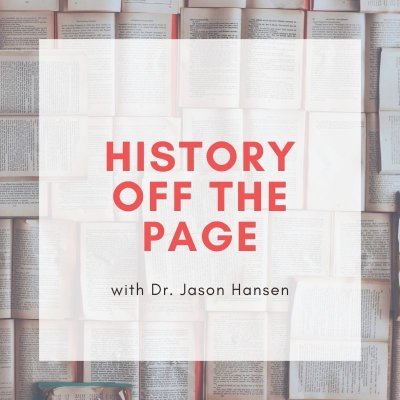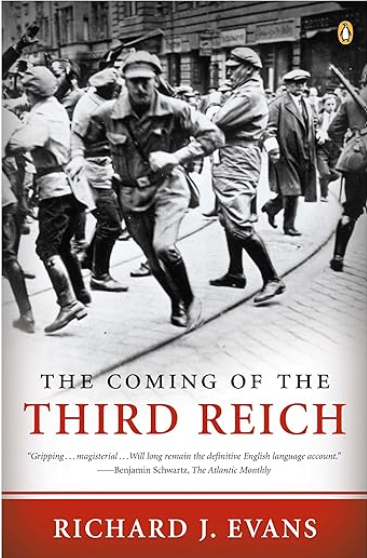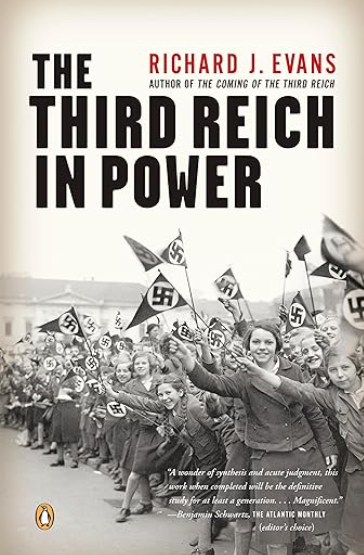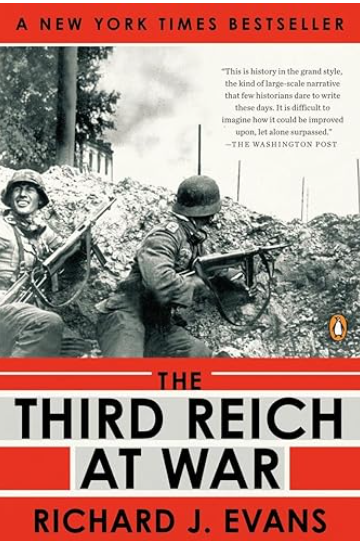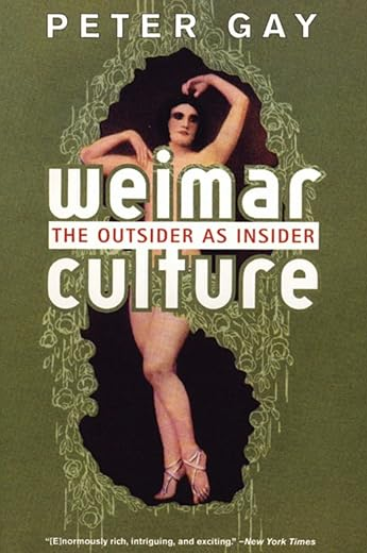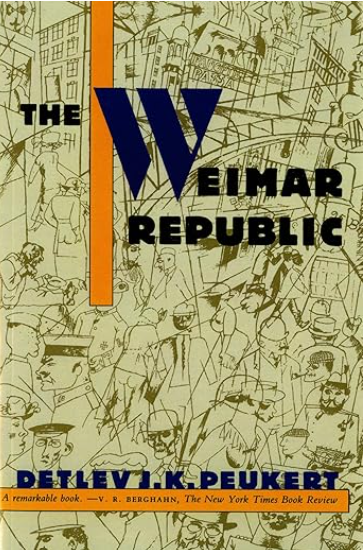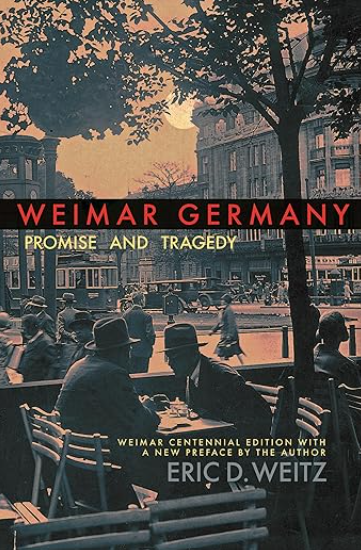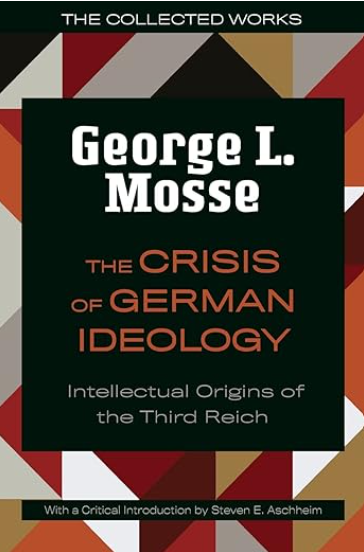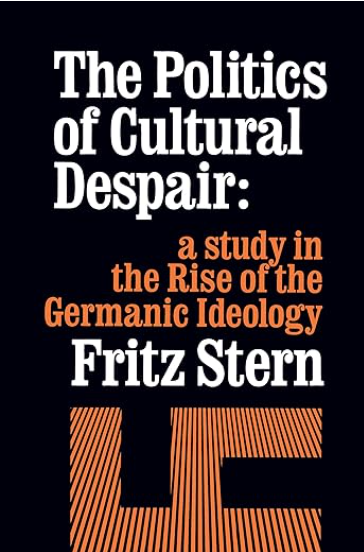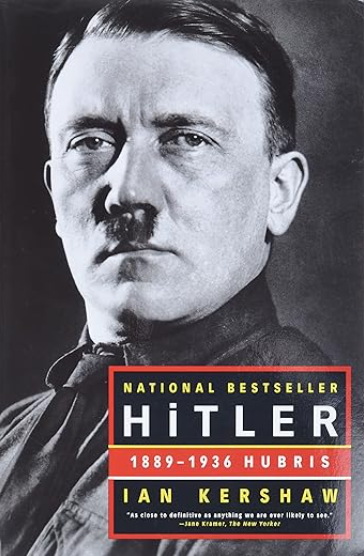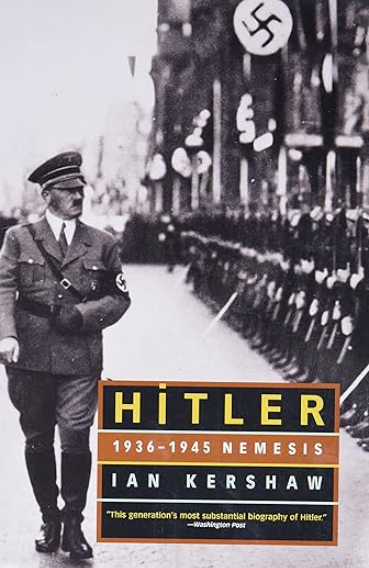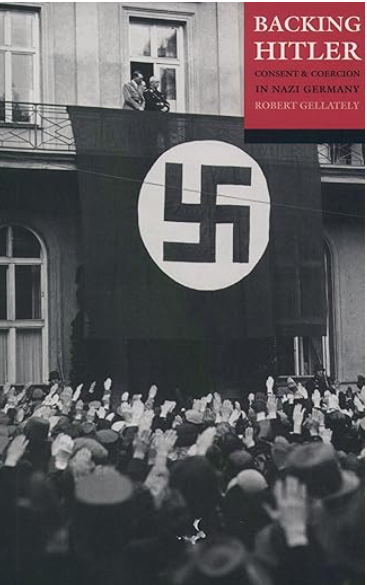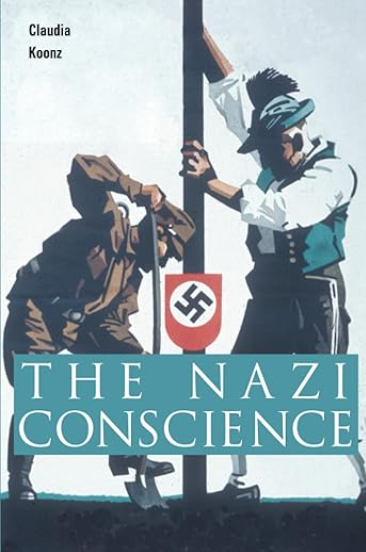This is a placeholder for your sticky navigation bar. It should not be visible.
History of Nazi Germany
For more than 80 years, Hitler and the Nazi German state he ruled have generated tremendous amounts of historical interest. There are literally over one hundred thousand books on the subject. Below, you’ll find recommendations for some of the works that I’ve found most useful in trying to understand this difficult and complicated past.
Click on the hyperlink to take you to a particular section, or on the images for Amazon links.
First published almost twenty years ago, legendary Cambridge historian Richard Evans’ trilogy on the Third Reich provides an excellent overview of Nazi German history. It covers all of the major actors, events and developments, put into historical perspective by one of the leading experts in the field. Those already familiar with the general contours of the history may want to look elsewhere, as Evans’ work contains little new information or historical perspectives.
These are three classic overviews on the history of the Weimar Republic. The first by Peter Gay began a movement away from looking at the Republic solely through a political lens. Instead, Gay focused on the cultural scene in Weimar Germany, noting the ways in which previously marginalized groups such as Jews and socialist came to occupy positions of power. The late German historian Detlev Peukert continued this tradition in his major work on Weimar, focusing on the crisis of modernity. Finally, Eric Weitz’ more recent history of the Republic covers many aspect of its history, but with a cultural historian’s eye towards the experience of life in the Republic.
One of the ways historians in the 1970s and 80s understood Nazism was to see it as an expression of “anti-modernism” These two works by the legendary George Mosse and Fritz Stern represent some of the most impressive examinations of the “volkish” movement that culminated in the birth of Nazism in 1919. Mosse’s German Ideology has been particularly influential for me – it’s probably the reason I decided to become an historian.
No English-speaking historian has spent more time researching Hitler’s biography than former Sheffield Professor Ian Kershaw. This highly detailed, two part biography dispenses with a lot of the psychological speculation and provides a thorough and well-grounded look at the infamous German dictator.
Trying to understand how ordinary Germans came to accept and even celebrated the use of violence and the destruction of democracy has long been one of the most challenging aspects of understanding Hitler’s dictatorship. These works have been the most influential for me. The first, by Robert Gellately shows how Hitler and the Nazis popularized terror, selling it as a useful tool for establishing order in society. The second by Claudia Koonz examines the ways in which the Nazis used the idea of righteousness to sell the necessity of genocide.
